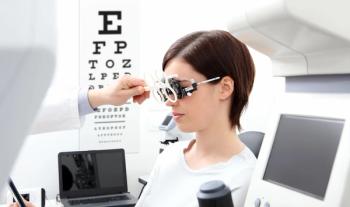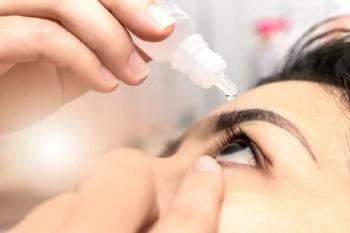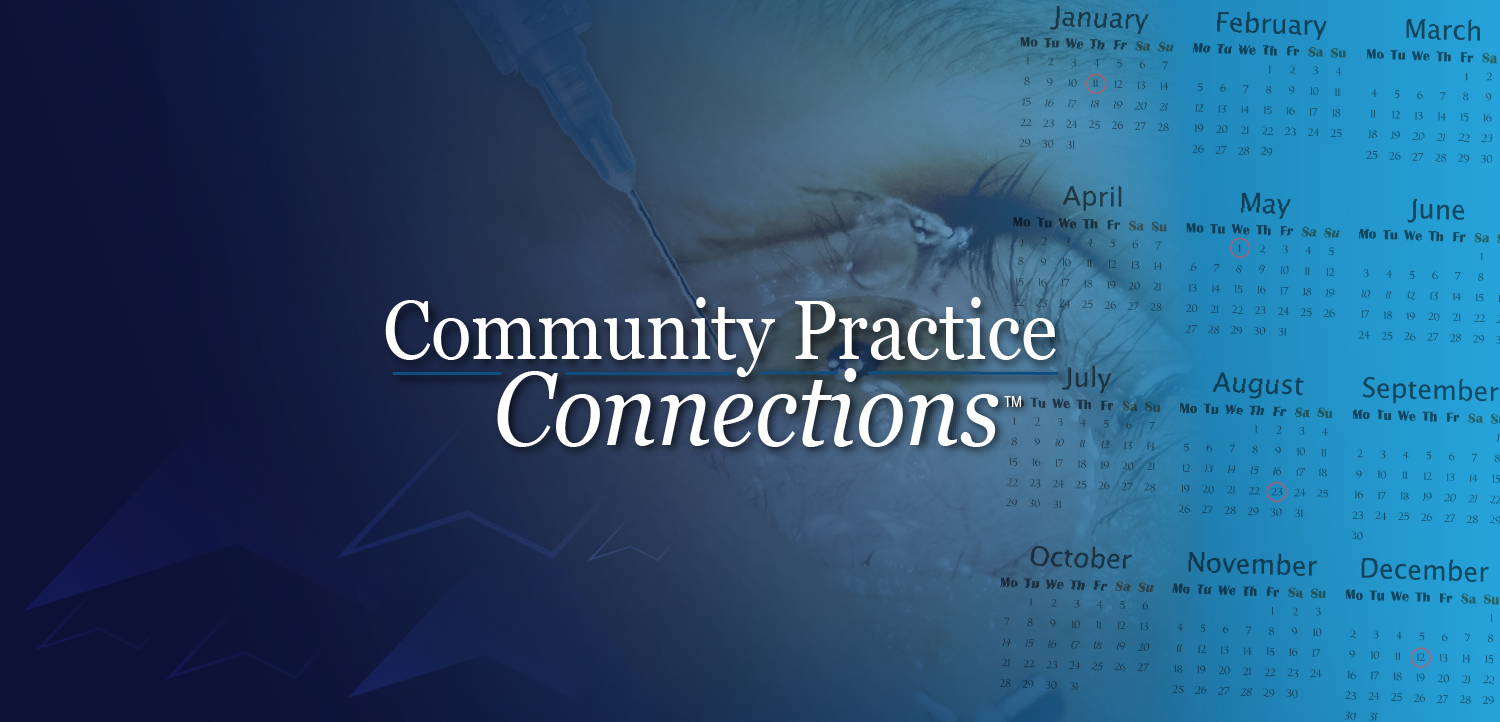
Four unexpected healthcare hazards that put your patients at risk
A report explained four unexpected healthcare hazards that may be putting your patients at risk.
A report from Fierce Healthcare explained four unexpected healthcare hazards that may be putting your patients at risk.
1. Physician stress and fatigue. Are you getting enough rest? Are you working too many hours?
The author cites a report from
2. Drug abuse by healthcare workers.
3. Healthcare workers’ clothing. According to the
4. Handshakes and elevators. Do you normally greet your patients with a handshake? You may want to update your greeting to a fist bump
Another threat? Elevator buttons in hospitals have higher concentrations of bacteria than a toilet surface, according to
Newsletter
Want more insights like this? Subscribe to Optometry Times and get clinical pearls and practice tips delivered straight to your inbox.
















































.png)


